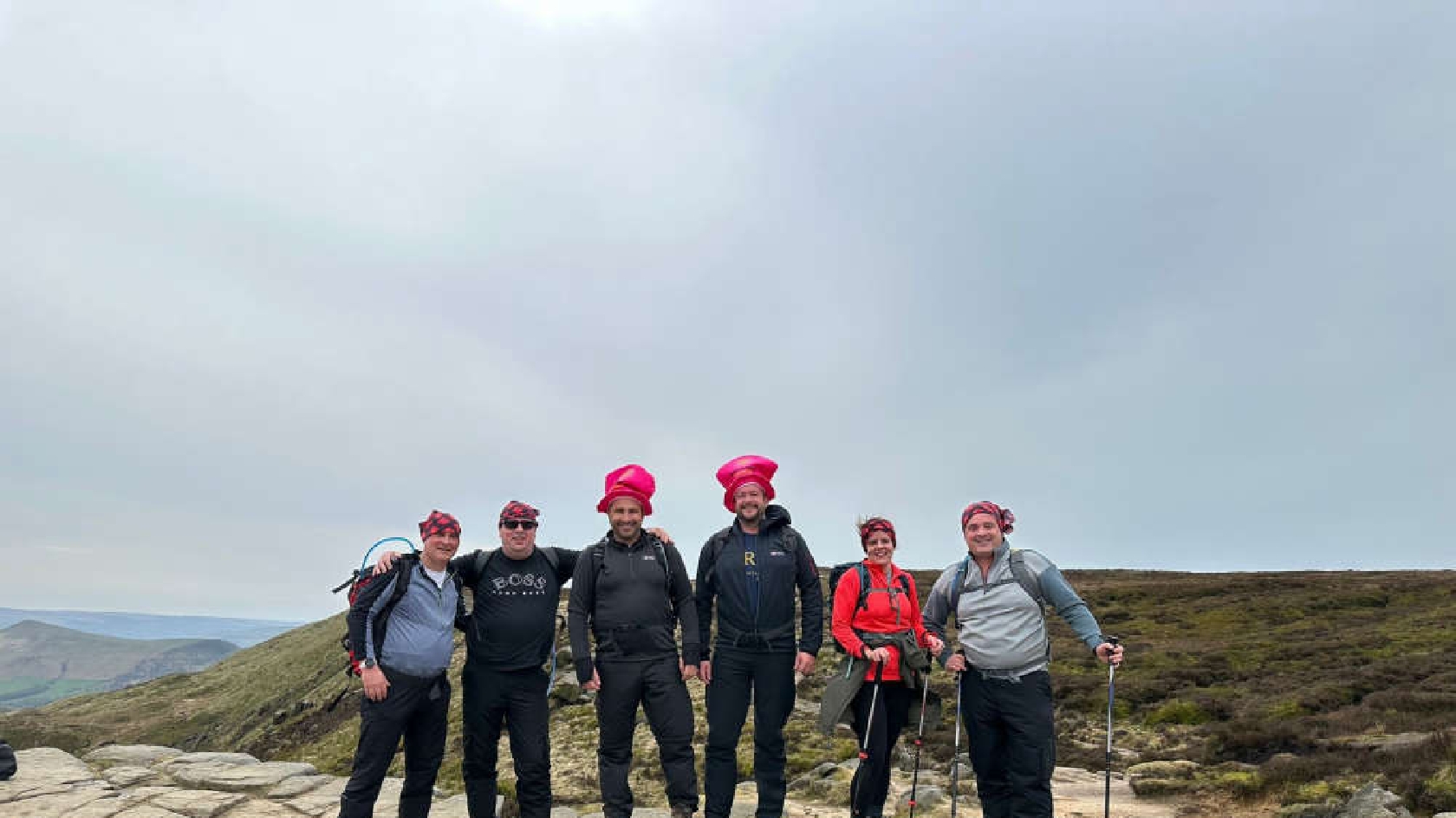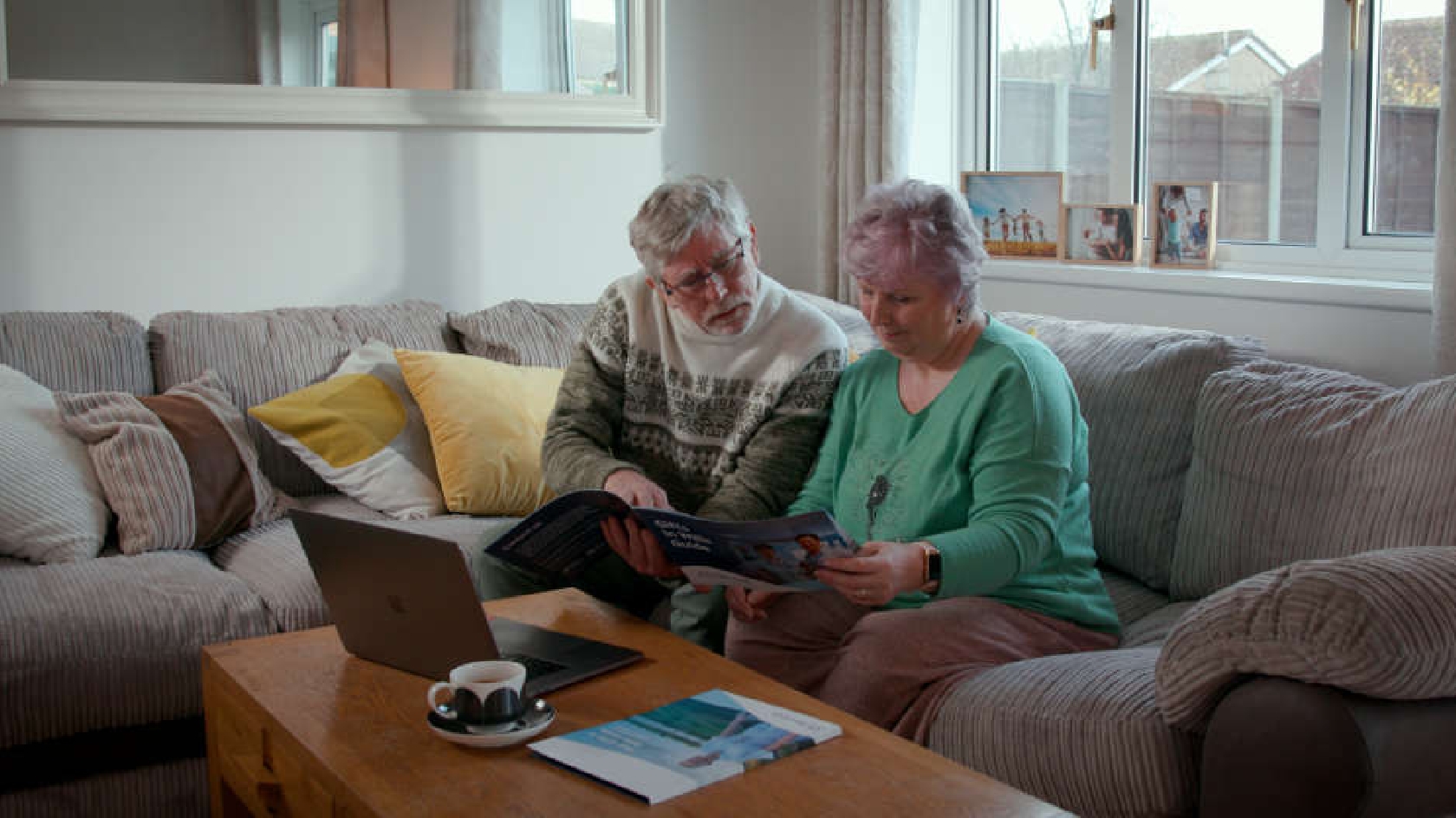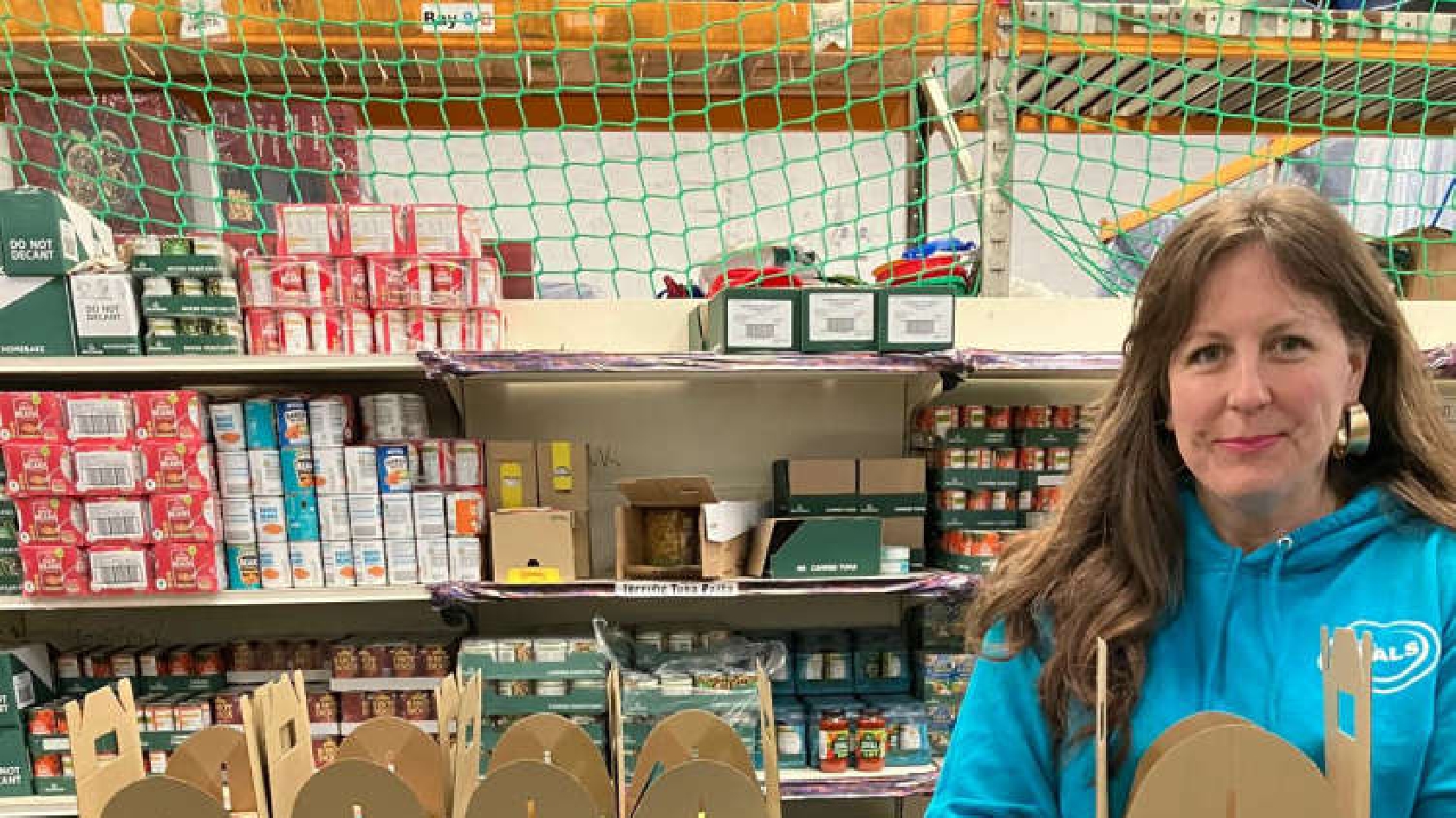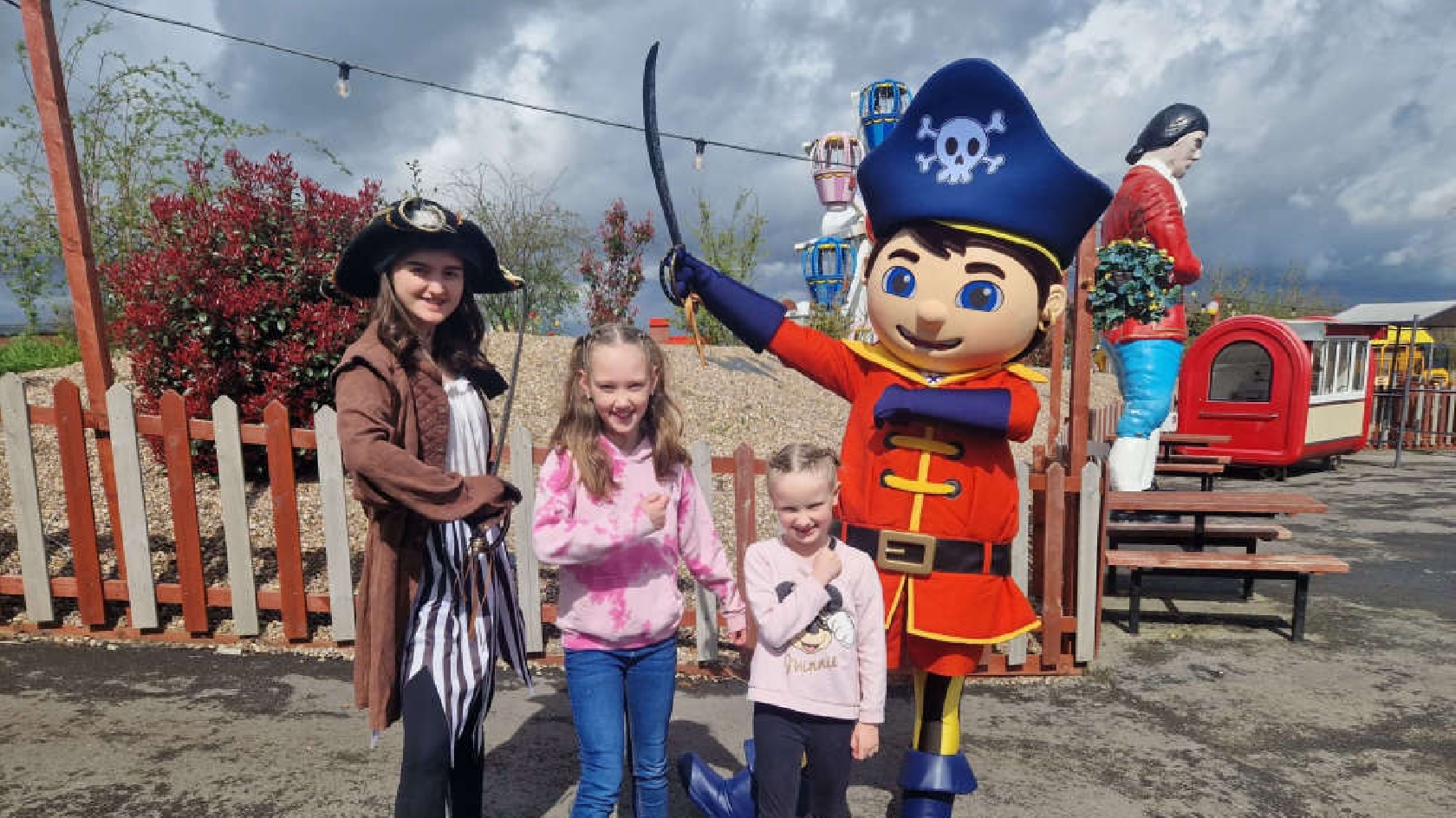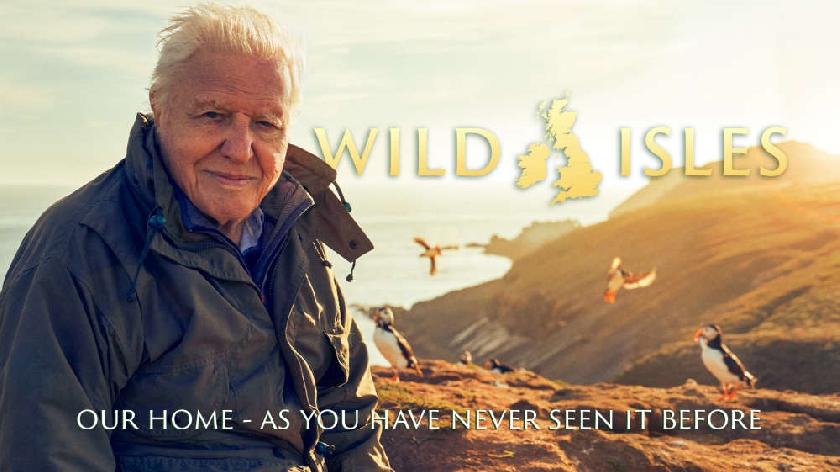
The highly anticipated natural history series, Wild Isles, presented by Sir David Attenborough, begins this Sunday (12 March) evening, taking viewers on a journey through some of Britain and Ireland’s most beautiful landscapes.
The Open University (OU) and BBC co-production will begin on BBC One and iPlayer at 7pm on Sunday 12th March, informed by the expertise of OU academics Dr Philip Wheeler and Dr Miranda Dyson.
Dr Philip Wheeler, Senior Lecturer in Ecology, commented on the series: “Wild Isles is a fantastic journey through some of the best known, and some less well-known wildlife of Britain and Ireland. I've been working on the ecology and conservation of British wildlife for almost 25 years and there is a lot in this series that was new to me. It's brilliant to see these fascinating stories presented in such detail and with such spectacular imagery.
“As an academic consultant on Wild Isles I have been lucky enough to contribute to the series' production and help ensure that as well as amazing footage, the stories that are told are informed by our current understanding of the ecology of the wildlife of Britain and Ireland.”
To celebrate the series, The Open University is inviting people to share their favourite British and Irish nature spots or species on social media, using the hashtag #ShareYourWildIsles. The University has also produced a poster, that is available for free, that explores our wild isles and their diverse species and habitats.
Wild Isles was made by Silverback Films in partnership with the RSPB and WWF (UK) and has been filmed over three years using the latest technology to capture the beauty of the British Isles. It makes use of aerial photography to capture the British and Irish countryside from a new perspective, with motion controlled time-lapse sequences to show the passing seasons.
In Episode One, Our Precious Isles, Sir David Attenborough explains why our small and uniquely positioned set of precious isles are so globally important for wildlife. One reason for Britain’s natural wealth is its geology, which is among the most diverse on the planet.
Another is the great range in temperature, from the subtropical conditions in the south to the frozen Arctic conditions of the Cairngorms in the North.
Dr Wheeler added: “There is also a strong conservation message that runs through the series, and that is needed more than ever now as our natural environment continues to be under threat. Hopefully this series will help inspire the next generation of nature enthusiasts, researchers and conservationists to protect our precious wildlife.”
Very few natural history programmes have focussed on the beauty of British and Irish countryside, despite it being some of the most diverse and fascinating on the planet. Home to more ancient oak trees than the rest of Europe put together and flower meadows which provide vital refuge for breeding birds and butterflies, landscape that is as crucial as it is fragile.
Dr Miranda Dyson, Senior Lecturer in Behavioural Ecology, highlighted the incredible insight Wild Isles provides into British and Irish wildlife: “Having a research interest in animal behaviour and communication I am constantly surprised and delighted at the unique ways animals find to interact with one another and the world around them.
“Wild Isles is packed with fascinating stories highlighting the behaviour, diversity and uniqueness of British and Irish wildlife. It takes you on a journey through spectacular landscapes that encompass key habitats, all of which are vital to the survival of many unique native plant and animal species, and also to populations of species that are of international importance.”
Dr Dyson commented on the impact she hopes the series could have: “With knowledge of what’s there, comes an appreciation with what could be lost. I hope the series will inspire a movement for nature and a desire to protect one of the most diverse and spectacular landscapes on Earth.”

